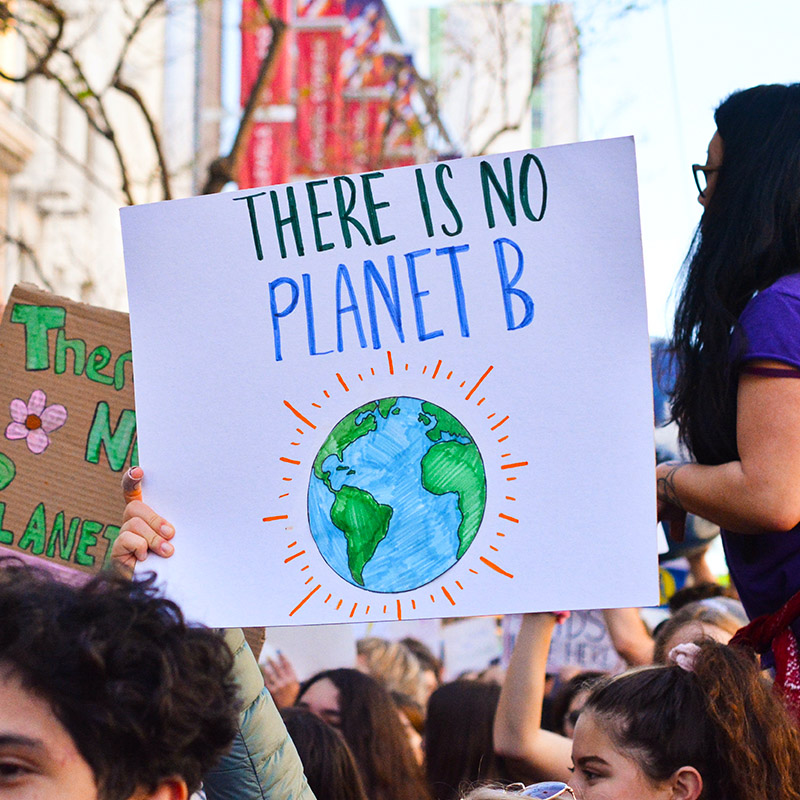
Tags
OpinionAfter decades of talking about it, it appears that governments globally are finally getting serious about tackling climate change. A Biden White House has reversed decisions of the Trump administration, while the UK and other countries are increasing their commitments to reducing carbon emissions, further, earlier.
All of this is great news, but it’s not enough.
Governments can provide the stick to companies through regulation. They can provide the carrot to consumers through tax breaks and incentives. But for us to reach a tipping point, businesses of all sizes, need to step up and play their role.
The role of businesses in tackling the climate crisis
Either driven by customer sentiment or ideology, a lot have been trying. Operational activities and decisions, from bags for life to a reduction in single-use plastics, large swathes of businesses have stepped up. But the next stage involves you and me. It involves each of us as customers changing our behaviour. And to do that, customer communication and education is needed.
The automotive industry is currently leading the charge. Whether they’ve done it through disruption (Tesla) or legislation and PR (Volkswagen), there continues to be more battery cars sold than ever before. And, with a 2030 deadline for the end of internal combustion engines for new car sales in the UK, this is going to increase.
The gap in customer education
For myself, someone who has gone electric, the change is welcome. In fact, I’ve become an electric bore – telling everyone and anyone who’ll listen that they should electrify too. And this is where we start to see the gap in customer education.
Friends of mine who are actively investigating purchasing an electric car through the main sales channels are not being converted and are in danger of falling out of the purchase funnel. They have been scared off by not having a driveway to charge their car every night. It’s only after descriptions of my own mileage and charging habits that they start to understand that this shouldn’t be a deal breaker. But this is a failure of the industry to communicate and educate.
My father-in-law, living in the Yorkshire countryside (or God’s own country as he would have us believe) has a different concern. He believes the technology is too new to be trusted. When we suggested a Hybrid stepping stone, his reaction was even more pronounced, declaring that the mix of ICE engine and battery technology was “twice as many things to go wrong”. With more than 10,000,000 hybrid and electric cars sold to date, surely we have the data to assuage these fears? Again, this is a failure of the industry to communicate and educate.
Getting customers to embrace the change the planet needs
Importantly, the automotive industry is just the beginning. For us to meet our climate change commitments, we’re going to need consumers to embrace new technology. New ways of heating their home, new ways of storing power and new behaviours using new technology we haven’t even started to comprehend yet.
We need to overcome our failure to communicate and educate as we explore the go-to-market plans for existing and new technologies. This starts with our sales channels and channel partners, but goes wider across public relations, digital marketing, direct mail and content generation. Every skill we have needs to be deployed by businesses to communicate and educate consumers, both now and in the future.
If you need help, ideas or inspiration with educating and communicating with your sales channel and customers, get in touch with Blueprint. We’re here to help.
More posts like this
Website brief template: how to write a website design brief
August 6, 2025








%20(1).jpg?width=596&name=MFS05098%20(2)%20(1).jpg)


